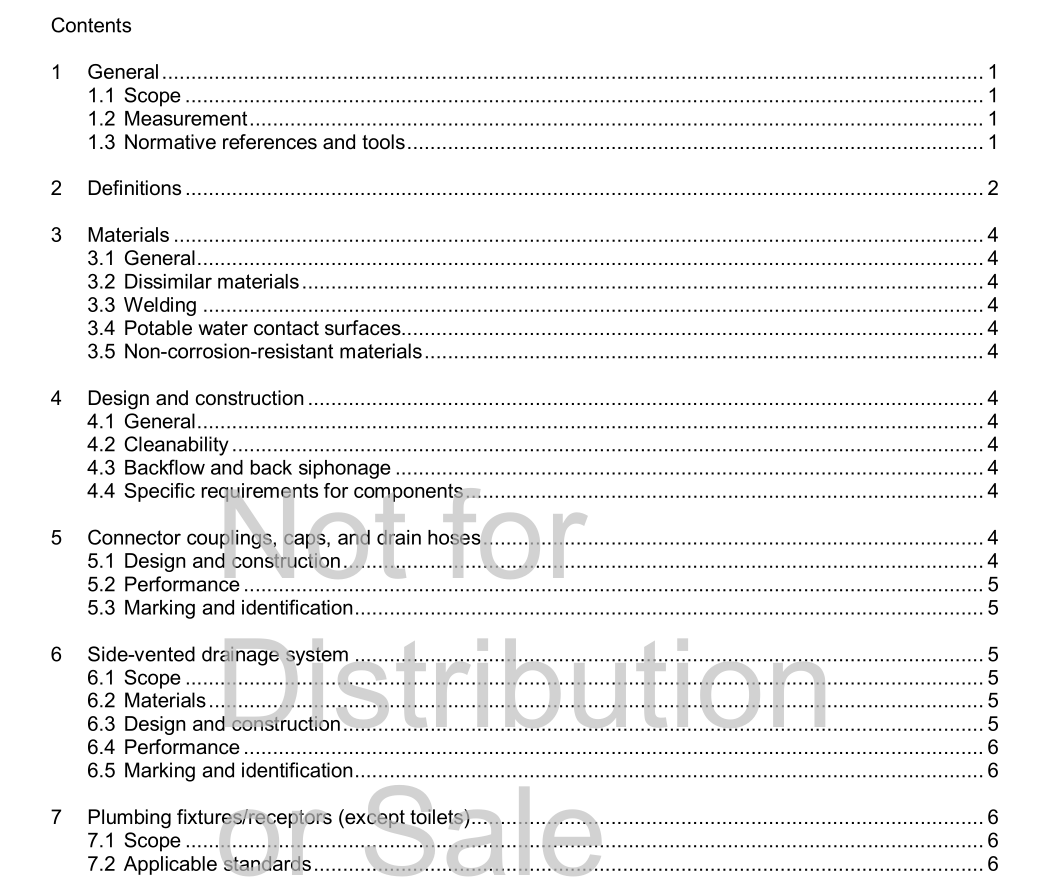
Any opinions expressed in this article are those of the author(s) and do not, necessarily, reflect the official positions and policies of the EPA. Furthermore, the authors thank Kelly Cahalan, formerly with the Oak Ridge Associated Universities, for support early in the manuscript development, as well as EPA internal reviewers including Matt Alexander and Rita Bair for helpful feedback on the manuscript. The authors appreciate helpful input and clarifications from the Agency for Toxic Substances and Disease Registry (ATSDR), particularly Mark Johnson, and from the Water Quality Association, particularly Eric Yeggy.

The authors thank residents of Flint who participated in the study, the EPA Chicago Regional Laboratory as well as EPA personnel involved in field sampling, data management, data quality assurance, data visualization & GIS, and the Flint Drinking Water Technical Support Team (formerly known as “EPA Flint Task Force”). Properly installed and maintained POU filters, certified under both NSF/ANSI-53 (for total lead) and NSF/ANSI-42 (for fine particulate), can protect all populations, including pregnant women and children, by reducing lead in drinking water to levels that would not result in a significant increase in overall lead exposure. The effectiveness of the POU activated carbon block filters in reducing lead concentrations, even above the 150 µg/L NSF/ANSI-53 challenge standard, is likely related to trapping particles due to the small effective pore size of the filters, in addition to ion-exchange or sorption removal of soluble lead. The maximum lead concentration in filtered water was 2.9 µg/L, well below the bottled water standard. Over 97% of filtered water samples contained lead below 0.5 µg/L. In 2016, filtered and unfiltered drinking water samples were collected at over 345 locations in Flint, Michigan. These filters were concurrently certified for total lead removal under NSF/ANSI Standard 53 (NSF/ANSI-53) and for fine particulate (Class I) reduction under NSF/ANSI Standard 42 (NSF/ANSI-42).

A field study was conducted to test the effectiveness of faucet-mounted point of use (POU) water filters for removing high concentrations of lead in drinking water from premise plumbing sources and lead service lines (LSL).


 0 kommentar(er)
0 kommentar(er)
